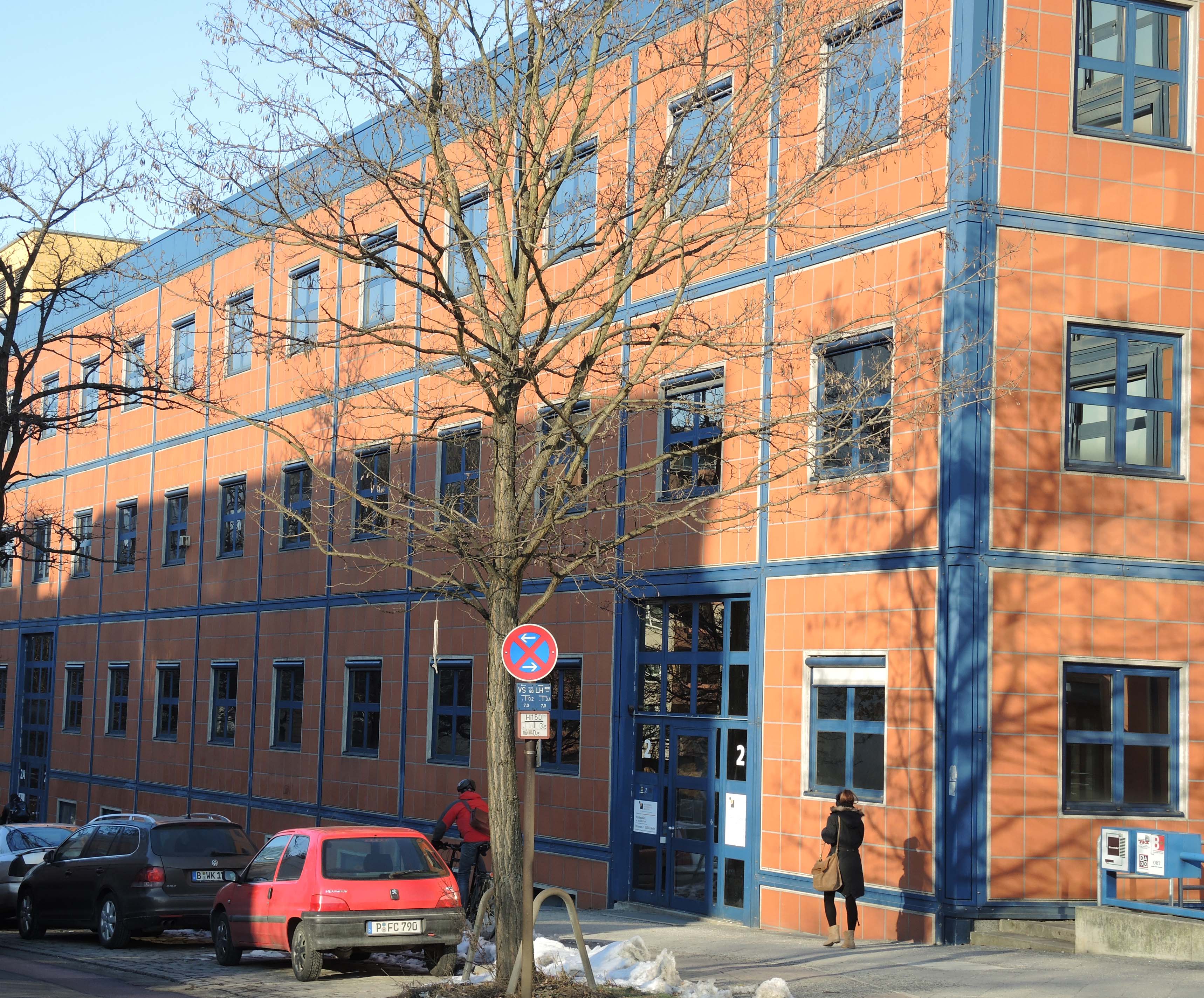International Psychoanalytic University (IPU) Berlin, June 21st through June 23rd, 2018
After the first Fromm Research Conference in 2014 succeeded in stimulating scholarly interest in Fromm worldwide, a Second Erich Fromm Research Conference will take place in June 2018 at the International Psychoanalytic University (IPU) in Berlin from June 21st to June 23rd. The conference (in English) will be led by Dr. Rainer Funk, Tübingen, and Prof. Dr. Thomas Kühn, Berlin.
The Research Conference 2018 aims at bringing together international researchers engaged with the work of Erich Fromm, examining the current relevance of Fromm’s social-analytical approach, as well as exploring the potential for further development of this approach with regard to contemporary social developments.
Erich Fromm’s concept of the social character provides an important approach for the analysis of social megatrends and their effects on psychic structures. Furthermore, Fromm constantly focused on social pathologies within seemingly normal, inasmuch as, hegemonic social constellations. This opened up for an innovative and critical perspective within social sciences. Building on this, in the conference, we will pursue the following question: What implications can be drawn from Fromm’s conceptions for research on contemporary processes of internalization of social structures and which methods are appropriate to examine these practices? Accordingly the contributions of the 40 speakers of this conference coming from all over the world refer to the following core themes:
Core themes of the conference
(1) The Sphere of Work between Alienation and Creativity
Fromm connects his normative concept of psychic productivity and work with a social critique of the organization of work. Alienation thereby is described as the process to satisfy basic human needs in a way directly or indirectly harmful for both, individuals and society. Which forms of alienation can be identified in contemporary contexts of work? What characterizes them? Which concrete practices (of resistance) are there? Simultaneously, we want to look for ways to make Fromm’s contribution fruitful for a discourse on how human vitality and creativity can contribute for a restructuring of the sphere of work and organizations. Which emancipatory approaches already exist? How can we rethink work and leadership by putting humans in the center?
(2) Contemporary Tendencies of Objectification in Society and Social Sciences – Discussing the Relevance of Fromm’s Concept of Necrophilia for Today’s World
With the depiction of a necrophilic social character, Fromm described tendencies of an objectification of the world, where everything vital is being devalued or destroyed. In which ways can this tendency be seen as a megatrend of our times? Contemporary phenomena like digitalization, automation, quantification, not at least in the social sciences with its focus on quantitative research methods, shall be evaluated in the light of Fromm’s concept of necrophilia. What implications does this have for the mental life?
(3) Fromm’s Understanding of Psychoanalysis and its Implication for the Therapeutic Practice
In Fromm’s therapeutic setting, the analysis of dominant social character orientations and the evaluation of the social and professional situation of the individual are of great importance. This becomes especially visible in the importance Fromm assigned to dreams within the therapeutic setting. What influence do Fromm’s concepts have for contemporary psychotherapeutic and psychoanalytic treatment? How have these concepts subsequently been used and developed within clinical practice?
(4) Towards a Humanistic Society
Fromm advocated a socialist humanism, dedicated to promote the development of human potentials and satisfaction of human basic needs along concepts of reason, work and love. In a Frommian understanding, a discussion of ways towards a ‘sane society’ could span, among others, around concepts like basic income, working time reduction, participation or solidarity. How relevant is a humanistic concept in the tradition of Erich Fromm in our times? What difficulties and potentials lie in contemporary social designs like post-growth, transnational ethics or concepts of global social justice?
The program
The announcement of the conference brought about a tremendous response from international Fromm researchers expressing their interest in active participation. Receiving so many high quality submissions for presentations the conference has to be organized with two parallel panels with longer and shorter contributions.
The detailed program will be available in January 2018 on the Website of the Erich Fromm Study Center (https://efsc.ipu-berlin.de/) as well as on the Erich Fromm website (http://www.erich-fromm.org).
Participation as observers
The conference is also open to people who are not presenting a paper, but like to take part as observers. This is possible but an advance notice is requested which will be confirmed. Please contact Prof. Dr. Thomas Kühn (thomas.kuehn@ipu-berlin.de) or Dr. Rainer Funk (frommfunk@gmail.com) if you are interested in participating. A conference fee will not be charged.
Thanks to the Sponsor

The Second International Erich Fromm Research Conference as well as the following Third Erich Fromm Seminar for Docs and Postdocs is financially enabled by the generosity of the Karl Schlecht Foundation. We appreciate very much this magnanimous support of the Erich Fromm Research!

 български
български  italiano
italiano  العربية
العربية  español
español  francais
francais  latvijas
latvijas  русский
русский  српски
српски  Deutsch
Deutsch  English (UK)
English (UK) 